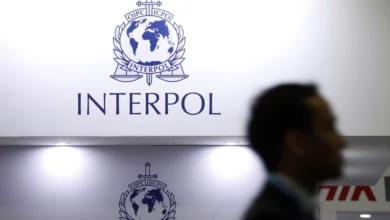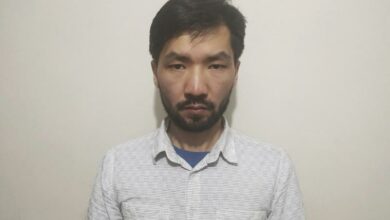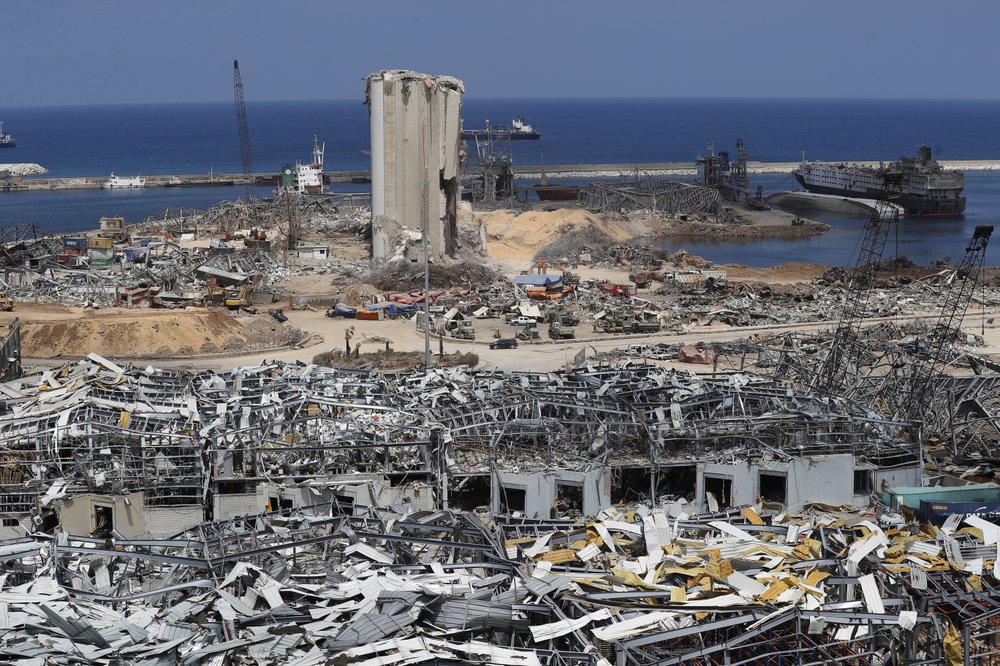Magdy al-Shafey, the head of Interpol in Egypt, said on Wednesday that his administration is keeping tabs on the movements of all figures from the former regime involved in corruption cases and staying abroad, a task that covers 188 contries.
In an interview with Al-Masry Al-Youm, Shafey said that England is considered a "safe place" for escape due to the absence of extradition agreements between the two countries.
All the suspects’ movements will be followed through the harbors and passport departments once the judiciary has issued arrest warrants against them, after which the various national Interpol offices will coordinate their efforts, Shafey added.
He said if the suspects are proven to have left the country, all other countries will be informed through a system of official notices.
Shafey also hinted that Interpol had in many cases succeeded in arresting suspects, including the apprehension of several businessmen in the United Arab Emirates.
He noted that his administration is preparing a file on the arrest of businessman Hussein Salem, who fled the country at the start of the uprising. Salem is accused of wasting public money and exporting Egyptian gas to Israel at prices below the international market rates.
Salem, whose trial was set for 3 August, is currently in Switzerland, according to Shafey, who denied Salem’s presence in Israel.
Red notices against former Trade and Industry Minister Rachid Mohamed Rachid, former Finance Minister Youssef Boutros-Ghali and Hussein Salem were sent to 188 countries, Shafey added.
“Ghali, who was sentenced to 30 years in prison, has been followed since he fled Egypt after the January revolution. According to his file, he’s currently in London,” he said.
Asked about Rachid, Shafey said he traveled from Cairo to Alexandria on board a private airplane that he rented. The company owning the airplane says that he then headed to Dubai. However, Interpol was informed by the Emirates that Rachid didn’t enter the country.
Translated from the Arabic Edition




